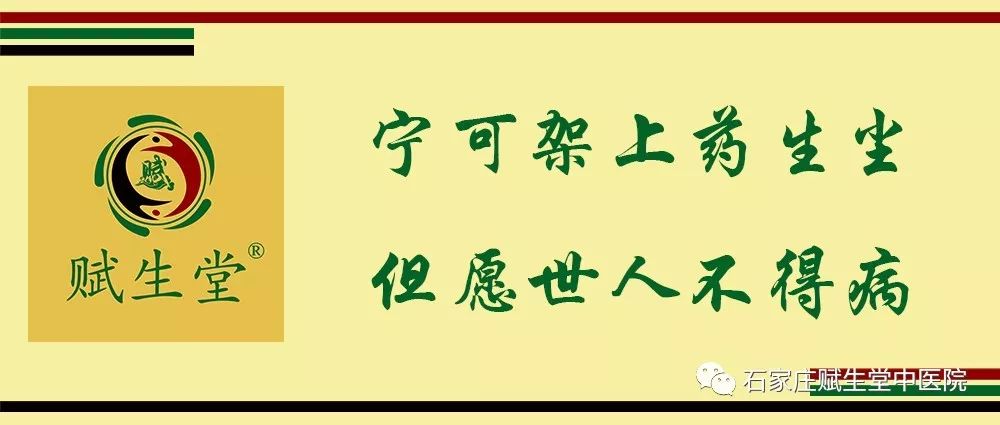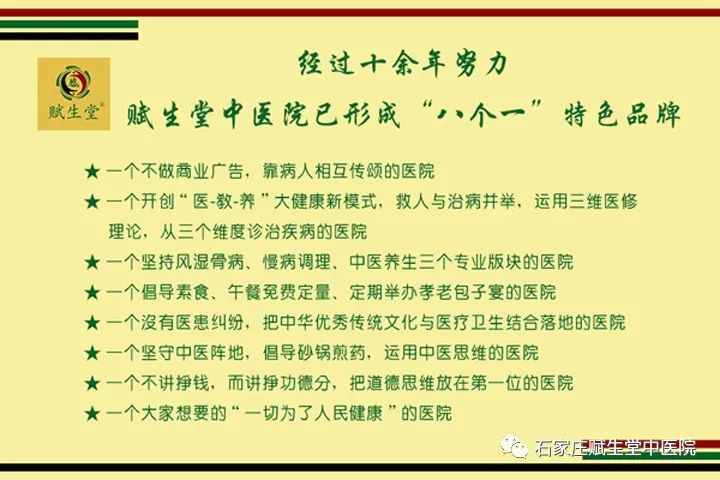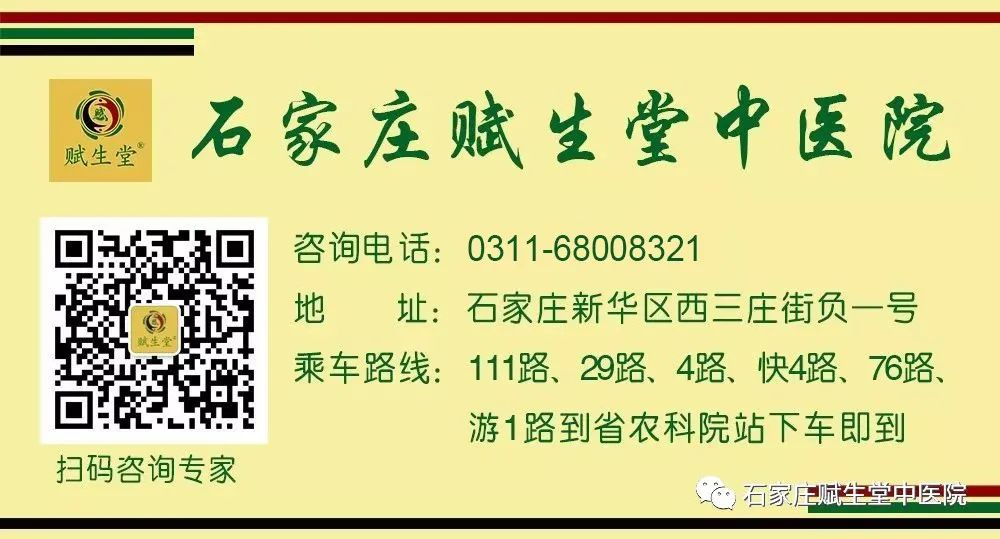
In Traditional Chinese Medicine (TCM), individuals with a weak constitution can be categorized into Yin Deficiency (Yin Xu) and Yang Deficiency (Yang Xu). Yin deficiency occurs due to insufficient Yin fluids, leading to a lack of effective nourishment for the body, resulting in pathological changes.
The main symptoms of Yin deficiency include low-grade fever, night sweats, irritability, insomnia, and dry mouth. Upon examination, one may find red tongue with little coating and weak pulse. The incidence of Yin deficiency is quite high, and many people are familiar with it. But what is Yang deficiency? What are its symptoms? Let’s explore together.

Yang deficiency refers to the weakness of Yang Qi in the body. This is a pathological manifestation caused by the decline of bodily functions and reduced metabolic activity, leading to insufficient Yang heat. Clinically, it can be categorized into types such as Stomach Yang Deficiency (Wei Yang Xu), Kidney Yang Deficiency (Shen Yang Xu), and Spleen Yang Deficiency (Pi Yang Xu). Patients typically exhibit the following 5 symptoms: 1. Pale complexion and lack of energy. Most individuals with Yang deficiency will present with a pale complexion due to the deficiency of Qi and blood, which impairs blood circulation, resulting in a poor complexion. Additionally, insufficient Yang Qi can weaken cellular vitality, causing a sensation of fatigue and lethargy.

2. Sensitivity to cold. Individuals with Yang deficiency may also experience Qi deficiency and Qi stagnation, leading to weakened cardiac output and poor circulation to the extremities, causing a frequent sensation of cold limbs and sometimes a reaction of cold intolerance. In severe cases, this may lead to varicose veins in the lower limbs, which requires vigilance. 3. Undigested food in stool. This term refers to the presence of undigested food in the stool, primarily caused by Spleen Yang deficiency, which weakens gastrointestinal function, making it difficult for food to be digested and absorbed properly, or causing it to be expelled before digestion is complete.

4. Pale and swollen tongue with tooth marks. The evaporation of Yang Qi affects the metabolism of water within the body. If Yang Qi is sufficient, the body will not exhibit abnormalities. However, in cases of Yang deficiency, water cannot be adequately metabolized and is retained in the body, leading to a swollen tongue. The tongue may show clear tooth marks due to pressure from the teeth. 5. Deep and weak pulse. Yang deficiency is a term used in TCM, and during a TCM consultation, the practitioner will perform a pulse diagnosis. If the pulse is found to be excessively deep and thin, it may indicate that Yang deficiency has weakened the heart’s pumping power, causing blood to flow weakly through the blood vessels.

Yin deficiency and Yang deficiency are both common conditions in TCM. Yang deficiency can lead to symptoms such as pale complexion, lack of energy, sensitivity to cold, undigested food in stool, pale and swollen tongue, and deep weak pulse. If a patient notices symptoms of Yang deficiency, it is advisable to consult a qualified TCM practitioner. Since Yang deficiency can occur in the heart, liver, spleen, lungs, and kidneys, treatment should be tailored to the specific symptoms presented by the patient for effective results. During treatment, patients should also maintain good dietary habits and regular sleep patterns to facilitate better recovery.




